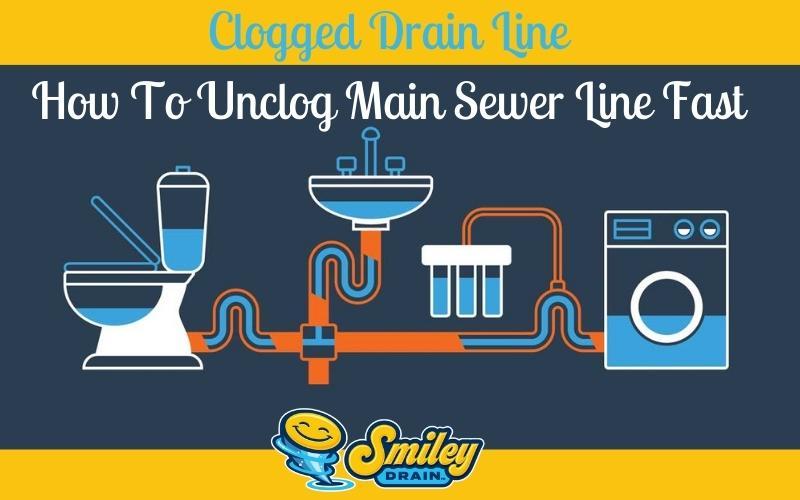A main sewer line clog might not seem to present an immediate threat to your home (like, oh, a fire), but it’s an issue that should be addressed as quickly as possible. The consequences on not unclogging a main sewer line can include multiple backed-up sinks and toilet waste draining into the tub instead of leaving the house. Nasty!
And if you call a plumber for this rush job, you’ll likely end up with a hefty bill. However, if you’re game to do a little DIY home maintenance, you can unclog a main sewer line for a fraction of the cost.
So pull on your work gloves and take a look at this guide on how to unclog a main sewer line without having to dip into your home repair emergency fund. Or your 401(k).
Tools you’ll need
How to clear a main sewer line clog
Claim your home to stay up-to-date of your home‘s value and equity.
Step 1: Loosen the cap on the drain pipe
Use a pipe wrench to loosen the cap on your main line drain pipe before you open it entirely.
Step 2: Open the cap and let the buildup drain out
Quickly open the cap and step out of the way. Any waste that the clog has caused to build up will come spilling out of the main line drain. Allow it to run off entirely before attempting any fixes.
___

Watch: 6 Shockers About Your Septic System
___
Step 3: Feed the auger cable into the drain pipe
Each auger, or plumbing snake, is different, so be sure to follow the instructions that come with the tool for best results. However, the general principle is that you should gently feed the auger cable into your drain pipe until you hit the clog.
You’ll know when you’ve hit it because the cable will get progressively harder to move through the pipe.
Step 4: Run the auger until the clog is clear—and beyond
Allow the auger to run until the clog has been removed. You’ll be able to see when it happens because the water level in the drain pipe will begin to gradually decrease and then drain out entirely.
That said, don’t stop running the machine as soon as the clog disappears. There could still be smaller pockets elsewhere in the pipe, which may cause additional problems down the road.
Step 5: Hose down the pipe and auger cable
Once the clog has been removed, spray the hose down your drain pipe at full blast. Doing so will simultaneously remove any lingering debris that is stuck in the pipe and clean off the auger.
Step 6: Slowly pull the auger back out of the pipe
Little by little, pull the plumbing snake out of the pipe, hosing off any debris as you go. Realistically, you’ll probably want to hose the auger cable off a few times before winding it back onto the machine.
When you’re done, place the cap back on your drain pipe and use the pipe wrench to tighten it back up again.
For more information, watch this tutorial courtesy of Sparky Channel.
One word of caution about unclogging a main sewer line
Occasionally, sewer backups can be caused by problems that are more serious than your run-of-the-mill clog.
“Tree and shrub roots in your yard are on the prowl for water and nutrients. If these roots encounter your sewer line, they can burrow into it and form a living clog that cannot be cleared by normal drain-cleaning methods,” says Doyle James, president of Mr. Rooter Plumbing, a nationwide plumbing franchise. “Improperly installed sewer pipes or pipes that may have shifted over time due to changes in your yard are also more prone to clogs.”
So when do you throw in the wet towel and call in the professionals? When you feel that your yard might be at risk for one of these serious issues. Those are the times when you want to be able to rest easy knowing your system will receive the correct diagnosis and treatment.









